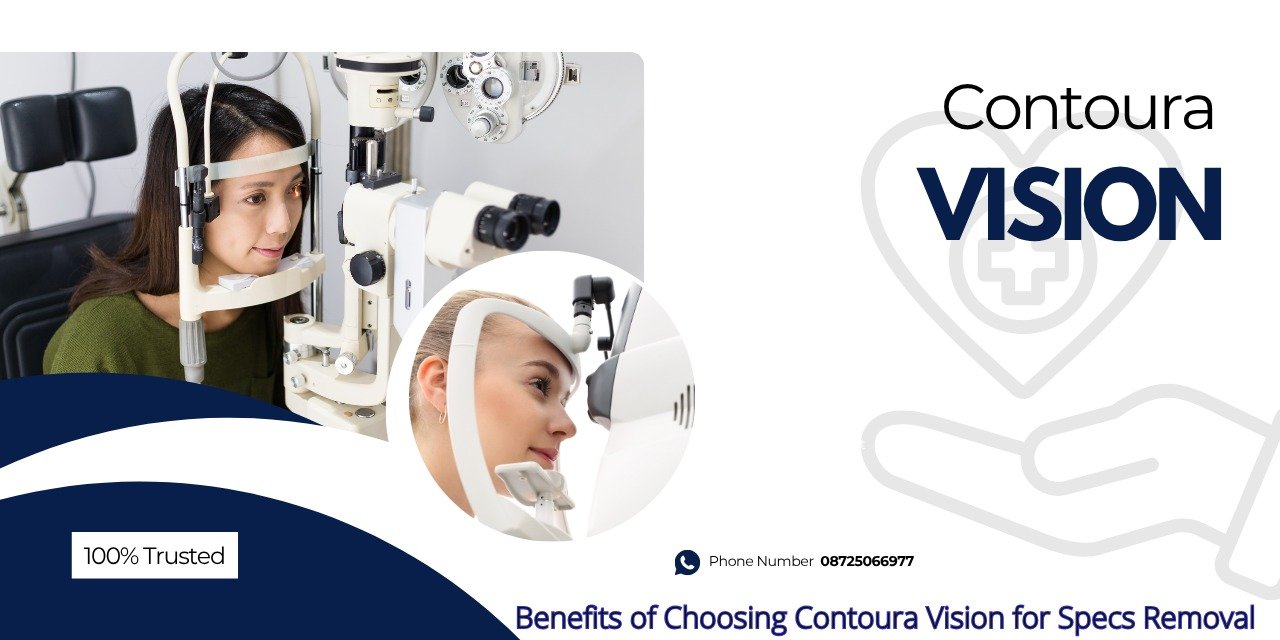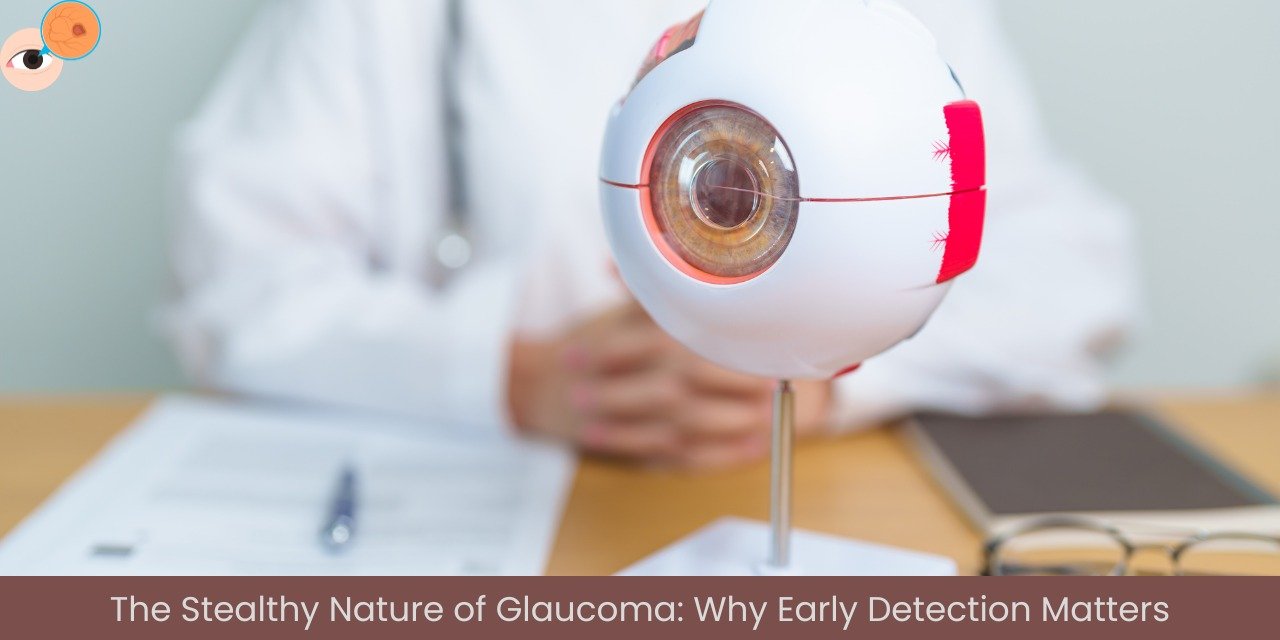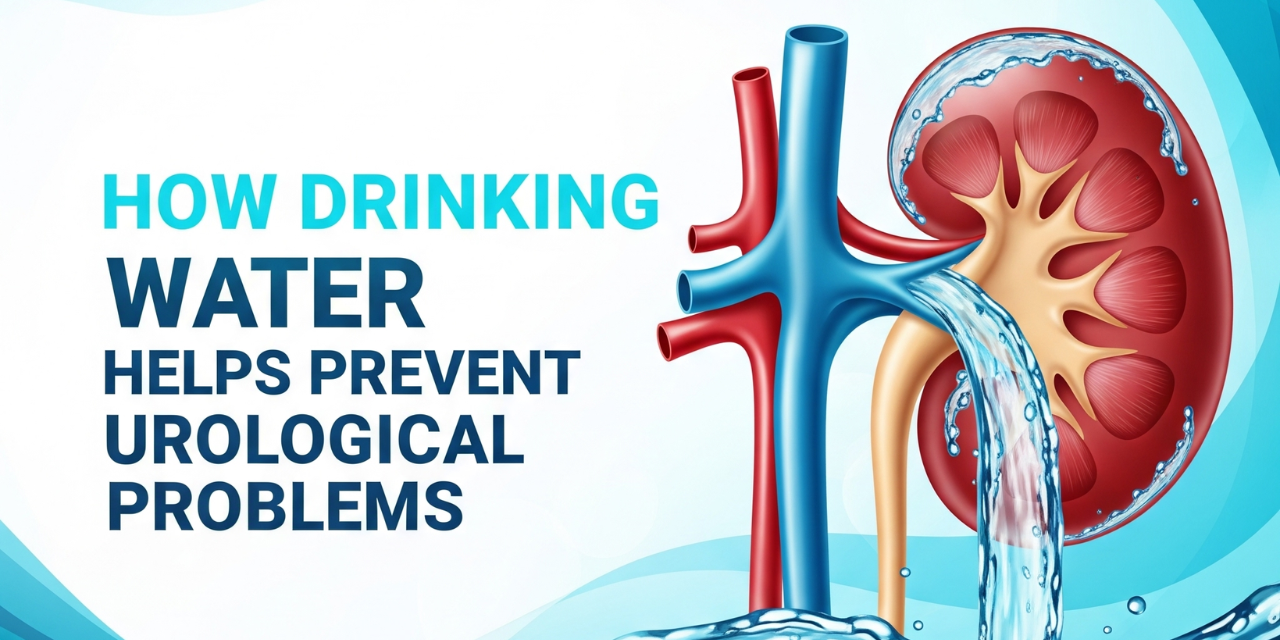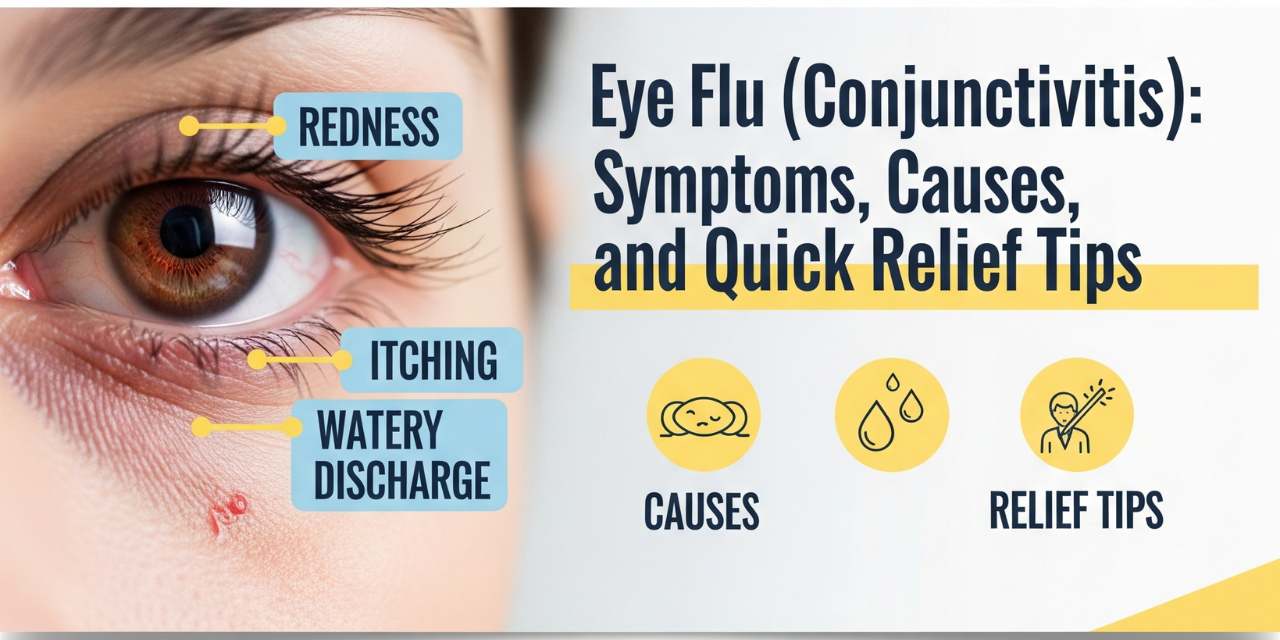Glaucoma is one of the leading causes of irreversible blindness worldwide. It is a group of eye diseases that damage the optic nerve, which is responsible for transmitting visual information from the eye to the brain. Without early detection and proper treatment, glaucoma can lead to permanent vision loss. In this article, we will explore how glaucoma affects vision and what steps can be taken to prevent it.
Understanding Glaucoma?
Glaucoma refers to a group of diseases that damage the optic nerve, which transmits visual information from the eye to the brain. The most common form, primary open-angle glaucoma, often presents no early symptoms, leading many individuals to be unaware they have it until significant vision loss occurs. This condition typically affects peripheral vision first, gradually progressing to central vision loss if untreated
How Does Glaucoma Affect Vision?
At first, glaucoma may not show any symptoms. In fact, many individuals with the condition do not experience noticeable vision loss until it has reached an advanced stage. The damage begins at the peripheral (side) vision and gradually narrows the field of view. This is why glaucoma is often referred to as the “silent thief of sight.” As the condition progresses, it can lead to complete blindness if not treated.
Key effects of glaucoma on vision include:
- Loss of peripheral vision: This typically starts as a gradual reduction in side vision and may go unnoticed until significant damage occurs.
- Blurred vision: This can happen when pressure on the eye affects the optic nerve.
- Difficulty adjusting to low light: Glaucoma can impact the eye’s ability to adapt to dim lighting conditions.
- Tunnel vision: In the later stages, glaucoma can lead to a narrowing of the field of vision, similar to looking through a tunnel.
Preventive Measures
While there is currently no definitive way to prevent glaucoma entirely, several strategies can significantly reduce the risk and help preserve vision:
⏯ Regular Eye Examinations
Routine eye exams are essential for detecting glaucoma, especially for individuals over 40 or those with a family history of the condition. A comprehensive eye exam includes checking eye pressure, examining the optic nerve, and assessing the drainage angle.
⏯ Medication and Eye Drops
For those diagnosed with glaucoma, medication in the form of eye drops or oral medication is often prescribed to reduce intraocular pressure. These medications either decrease the production of fluid or improve its drainage.
⏯ Surgical Treatments
In cases where medications are not effective, surgical procedures such as laser therapy or glaucoma surgery may be necessary to improve fluid drainage or reduce pressure inside the eye.
⏯ Lifestyle Changes
While lifestyle changes may not cure glaucoma, maintaining a healthy lifestyle can improve overall eye health. This includes eating a balanced diet rich in antioxidants, staying active, and avoiding smoking. Additionally, protecting the eyes from excessive sunlight by wearing sunglasses can help maintain long-term eye health.
⏯ Follow-up Appointments
Regular follow-ups with your glaucoma doctor are important to monitor the condition’s progression and adjust treatment as necessary. This ensures the best possible outcomes and prevents further vision loss.
Conclusion
Glaucoma can cause permanent vision loss if untreated. Regular eye exams, medication, and lifestyle changes help manage it. If you’re at risk, consult a Glaucoma Doctor in Patiala for early detection and care to protect your vision.
For expert care, consult Dr. Kavnit Kaur at Dr. PreetInder Singh Eye Hospital in Patiala. Call +911752227169 to book an appointment today and protect your vision.













